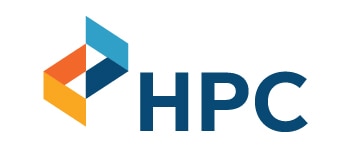- Massachusetts Health Policy Commission
Media Contact for HPC ISSUES REPORT ON AMBULANCE UTILIZATION AND PAYMENT RATES
Matthew Kitsos, Press Secretary
BOSTON — The Massachusetts Health Policy Commission (HPC) today issued a chartpack examining emergency ground ambulance use among commercially-insured patients in the Commonwealth. The findings were previewed at a meeting of the agency’s Market Oversight and Transparency (MOAT) policy committee on February 15, 2023. A recording of that meeting can be found on the HPC’s YouTube page and the full presentation can be found on the HPC’s website.
The HPC has previously reported on ambulance services as part of an examination of out-of-network billing and found that nearly half of ambulance encounters in 2017 resulted in at least one one-of-network claim. Depending on which ambulance service provider is used, out-of-network billing issues can arise and notably, ground ambulance out-of-network billing protections were left out of the federal No Surprises Act, which was signed in 2020.
Key Findings
In terms of the commercial landscape, the HPC found that whether emergency medical service providers are owned by a municipality or are privately-owned may additionally contribute to the existence of higher rates for emergency ambulance services. Other key findings include:
- Most (78%) ambulance encounters in Massachusetts in 2019 were Advanced Life Support (ALS) 1 Emergency or Basic Life Support (BLS) Emergency transports. Most of these encounters originated at a residence or at the scene of an accident or acute event.
- About half of ALS 1 Emergency and BLS Emergency ambulance encounters in the Commonwealth were serviced by privately-owned ambulance services with the remainder serviced by municipally-owned services.
- For both ALS 1 Emergency and BLS Emergency encounters, paid amounts varied more than three-fold across commercial payers.
- In contrast to national findings, commercial payers paid municipally-owned services about twice as much per transport as they paid privately-owned services. Payments to municipally-owned services were also more highly variable and growing faster, with median payments for municipally-owned ALS 1 Emergency services growing from just under $1,500 in 2017 to more than $2,000 in 2020, a 36% increase.
- Median commercial ambulance payments in Massachusetts in 2019 were 2.7 and 4.6 times higher than Medicare and MassHealth rates, respectively. They were also higher than maximum allowable rates in Connecticut, which regulates rates through its Office of Emergency Management Services.
###
